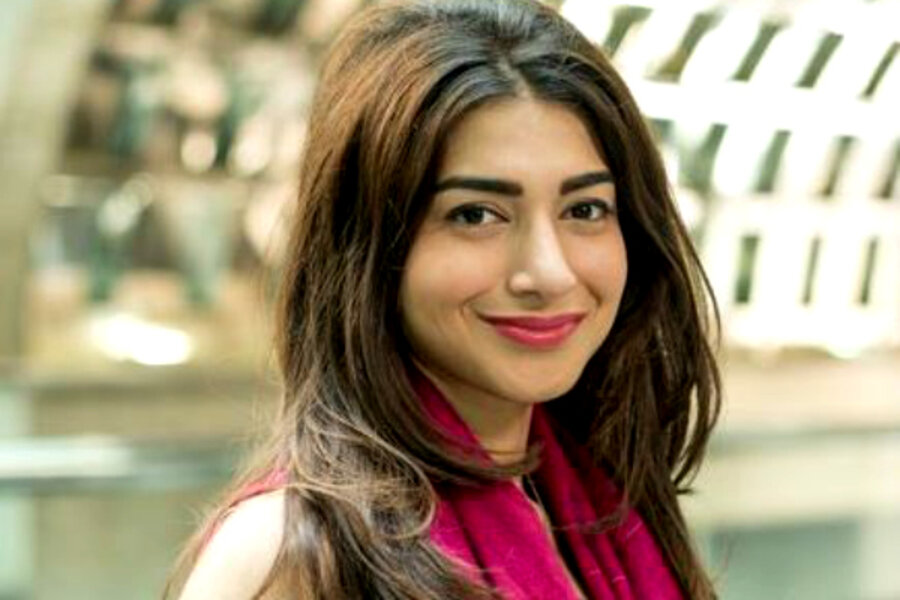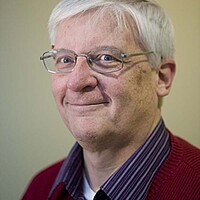The Malala Fund spotlights need to educate child refugees
Loading...
Syrians continue to stream out of their war-torn country, some 2.4 million so far, according to the UNHCR, the United Nations relief agency.
The toll on refugee children, who make up about 50 percent of refugees, can be immense.
"Many have seen unspeakable things and are traumatized," says Shiza Shahid, chief executive officer of the Malala Fund. That includes witnessing people being killed in front of them.
They're in need of many things, not only food and shelter but counseling and support. They may be in a "continuing sense of sadness" as their fathers and older brothers are either in Syria still fighting or have been killed, she says.
Making sure refugee children continue their education is an important way to get them focused on the future.
"School is a way to say, 'Let's start to move forward with life,' both from a social standpoint and a skills standpoint," says Ms. Shahid, who last October co-founded the Malala Fund with Malala Yousafzai, the teenage girl from Pakistan who was shot in the head by the Taliban for promoting the education of girls. Malala was treated for her injuries in Britain, and today the 16-year-old is a fulltime student in Birmingham, England.
She and Shahid, a fellow Pakistani educated at Stanford University, recently returned from a trip to the Syrian border in Jordan, where they saw firsthand the plight of refugee children. The Malala Fund is now dedicating all its efforts to helping these children.
Syria is "one of the greatest humanitarian challenges of our time, and it's only getting worse," Shahid says. "Jordan, Lebanon, Turkey, and Iraq have seen an enormous influx of refugees "with no sign of it ending."
Educating children in such circumstances is a difficult proposition.
"There's a need to think outside the box in terms of what education means" in these kinds of emergency situations, Shahid says in a telephone interview. Ideally refugee children would be mainstreamed into existing schools in the host country. But a number of challenges can delay or prevent that, including language, cultural, and curriculum differences.
One alternative is to start tent schools in the camps, using Syrian teachers who themselves have been displaced. But since refugees remain refugees for an average of 17 years, long-term planning is necessary too. New schools need to be built in the host countries "because these countries are overwhelmed," Shahid says. "One in every six people in Jordan is a refugee."
Older children especially need vocational training so that, lacking one or both parents, they can become the family's breadwinners.
Refugee girls in the Muslim world may have trouble being admitted to coed schools. The Malala Fund is supporting a tent school in Amman, the capital of Jordan, but found that older girls were not being permitted to go to it. "So we started a mentorship program where young women could teach them," Shahid says.
The Malala Fund hasn't set up its own field office in Jordan. Rather it's working closely with community-based organizations there using local people who know the situation.
Shahid hopes that the publicity surrounding Malala's visit to the Syrian refugee camps will help bring renewed attention to the humanitarian crisis there. It's just one part of an effort in "starting to see these children as the collective responsibility" of the world, she says.
• To learn more visit www.malalafund.org.








